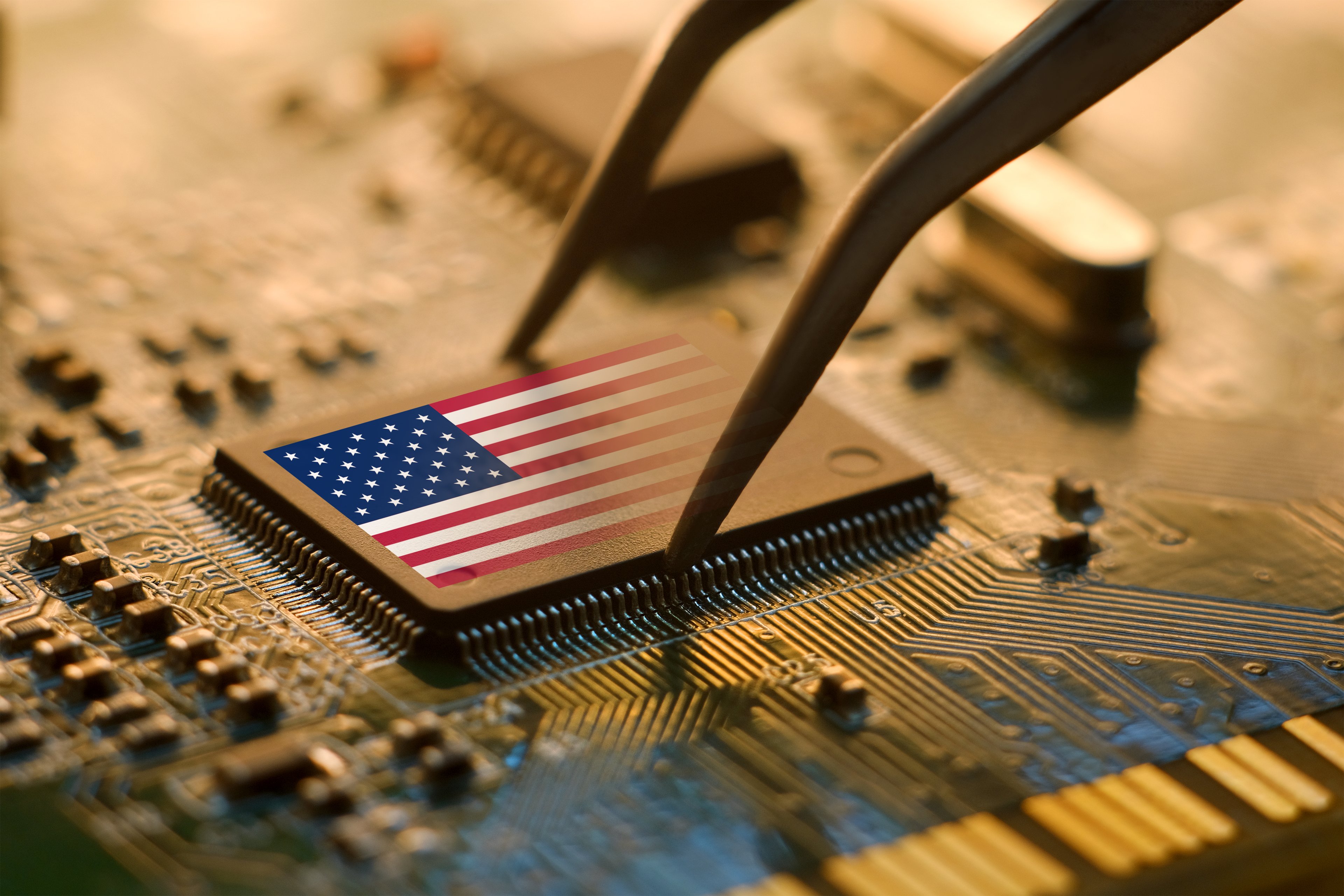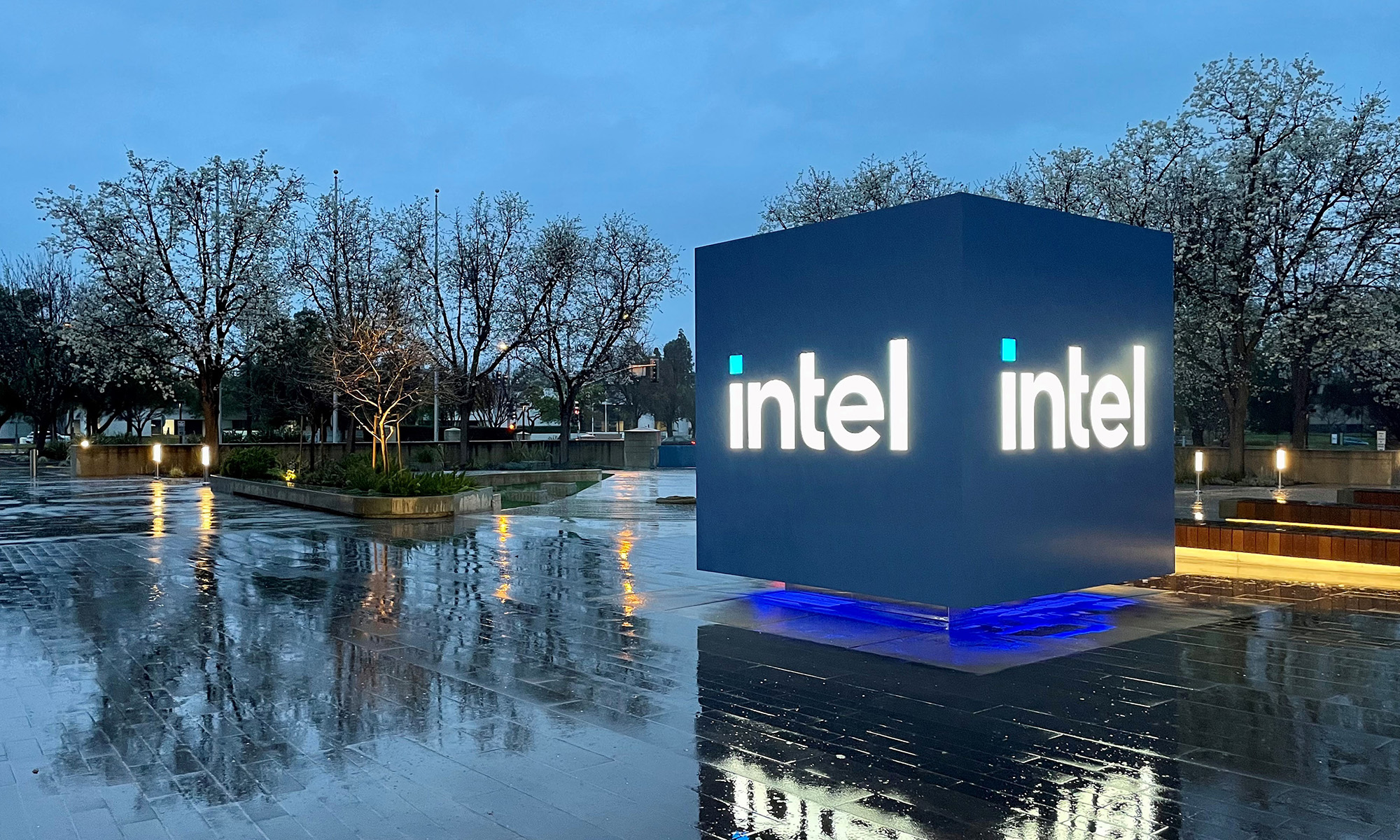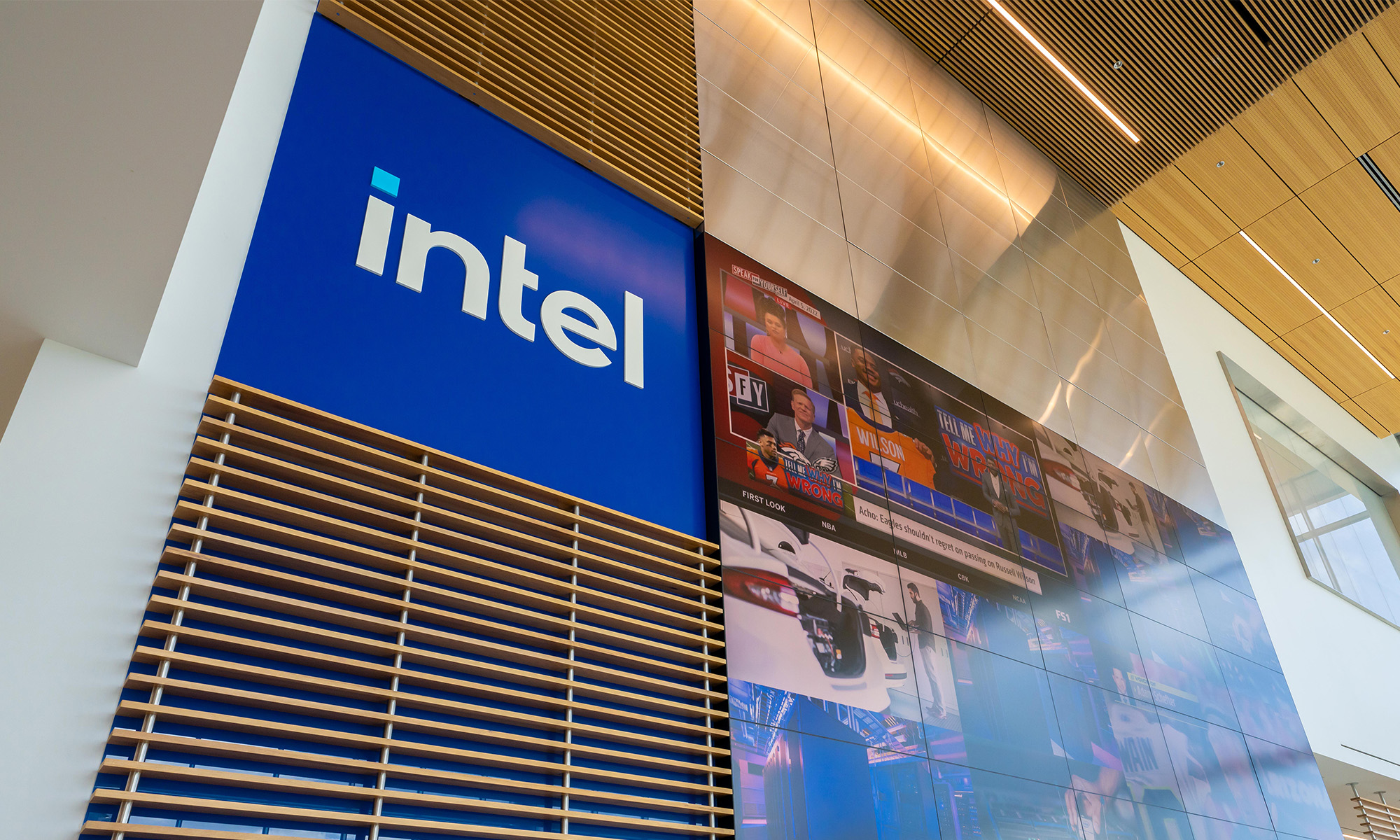Every day, Wall Street analysts upgrade some stocks, downgrade others, and "initiate coverage" on a few more. But do these analysts even know what they're talking about? Today, we're taking one high-profile Wall Street pick and putting it under the microscope...
2018 has been kind to Intel Corporation (INTC 0.74%), sending the chip giant's stock up 23% in less than six months, and bringing it to a 55% gain over the last 12 months.
Given Intel's strong performance, and its outperformance of archrival Advanced Micro Devices (AMD 3.84%), investors might be tempted to sit on their laurels -- and their Intel stock. But analyst Northland Capital warns that this would be a mistake, in a note covered today on StreetInsider.com (requires subscription). Citing several challenges to Intel's valuation in the near term, Northland is downgrading the stock to underperform.
Why? Here's what you need to know.

Image source: Getty Images.
Servers no longer serving as a growth engine
Although historically best-known for putting Intel CPUs inside everyone's personal computers, Fool.com contributor Ashraf Eassa says that data centers are now "Intel's most important business," and one that could grow to as much as $70 billion in annual sales worldwide over the next few years.
Last quarter, Intel reported 24% revenue growth in sales to server farms, nearly three times as fast as Intel's overall revenue growth of 8.6%. Q2 is expected to be similarly strong for Intel in servers, but here's the thing: In the company's Q1 earnings conference call, CFO Robert Swan warned that investors will see a sequential "deceleration" in server sales in the second half of 2018.
In its note today, Northland highlights this factor as key to its decision to downgrade Intel stock, predicting that server growth will begin slowing in Q3 2018.
Competition getting tougher
Why is this? "GPUs and ASICs are more critical to improving performance in data centers than CPUs," according to the analyst, and despite its relatively weaker stock performance these past 12 months, AMD is offering Intel increasing competition in these markets. Perhaps worse, Northland warns, "Intel's process technology leadership is diminished if not evaporated."
This raises the specter of Intel potentially losing data center market share to its archival.
If Intel can't market its chips as of superior quality to what AMD is selling, it stands to reason that even if Intel doesn't necessarily lose market share, it will have to compete to win sales on price, which would be bad news for the company's ability to grow revenue and command a high profit margin on that revenue. (On top of all that, fellow Fool.com contributor Timothy Green advises that another server chip supplier, Qualcomm, is not exiting the market as it was previously expected to do, but simply scaling it back a bit.)
Does Intel's stock price reflect the risk?
And yet, despite all these complications to the Intel growth story, it's hard to argue that Intel stock is pricing in the risks after its big run-up. By S&P Global Market Intelligence's calculations, Intel currently has a market capitalization of more than $256.8 billion. (Intel also carries $12.4 billion in net debt on its balance sheet, increasing the company's enterprise value to more than $269 billion.)
Weighed against this valuation are the $11.1 billion in GAAP net income that Intel earned over the past year and its more robust free cash flow of $11.8 billion. While these profits are substantial, however, they still leave Intel valued at a debt-adjusted 24.2 times earnings, and 22.8 times free cash flow.
Is that valuation too high? I'd argue that it is. Here's why:
Although Intel has been performing well this year, and is expected to wind up fiscal 2018 with profits nearly doubling to $3.76 per share, 2019 isn't expected to show much growth in earnings at all (2%, according to analysts polled by S&P Global). Growth could revive in 2020 and beyond, with Northland citing autonomous cars, artificial intelligence, and graphics processing chips as potential growth markets 18 months out. But even so, long-term estimates still suggest that Intel won't grow earnings faster than 10% annually over the next five years -- which seems kind of low for a stock being valued in the low 20s as a multiple to earnings.
Long story short: After running up 55% in 12 months, Intel's stock is no longer cheap. Northland Capital is right to rate it underperform today.







